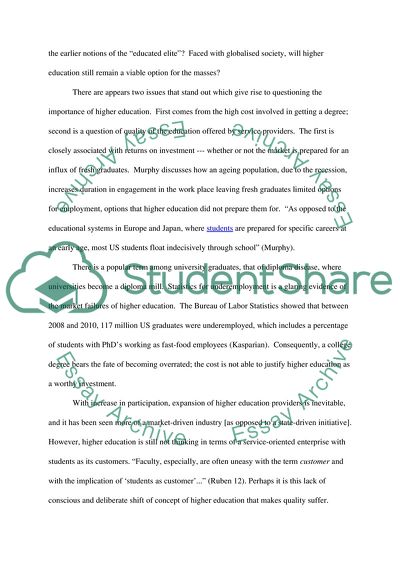Cite this document
(Is It Worth Investing in Higher Education Research Paper, n.d.)
Is It Worth Investing in Higher Education Research Paper. Retrieved from https://studentshare.org/education/1745762-the-researched-position-essay
Is It Worth Investing in Higher Education Research Paper. Retrieved from https://studentshare.org/education/1745762-the-researched-position-essay
(Is It Worth Investing in Higher Education Research Paper)
Is It Worth Investing in Higher Education Research Paper. https://studentshare.org/education/1745762-the-researched-position-essay.
Is It Worth Investing in Higher Education Research Paper. https://studentshare.org/education/1745762-the-researched-position-essay.
“Is It Worth Investing in Higher Education Research Paper”, n.d. https://studentshare.org/education/1745762-the-researched-position-essay.


